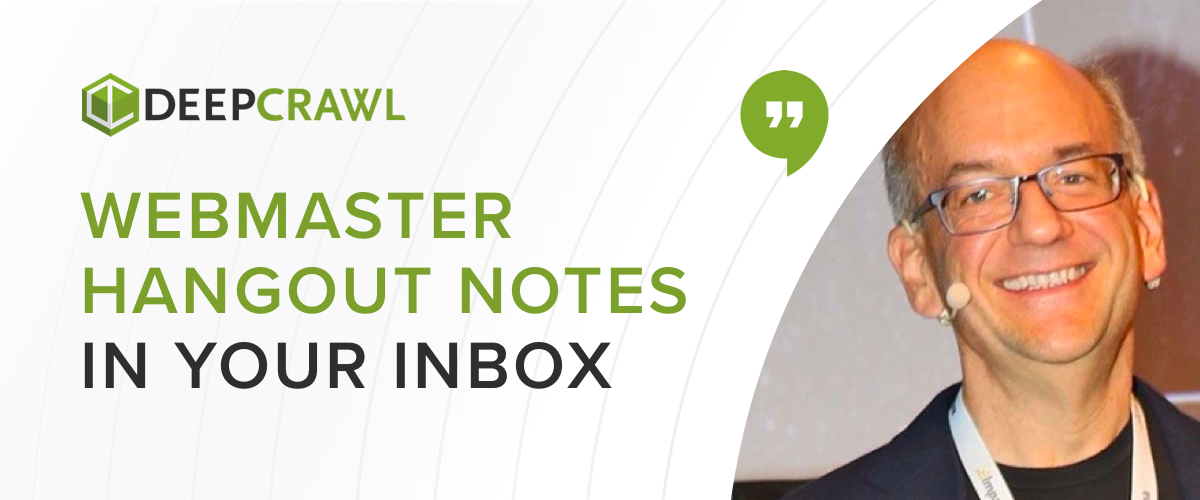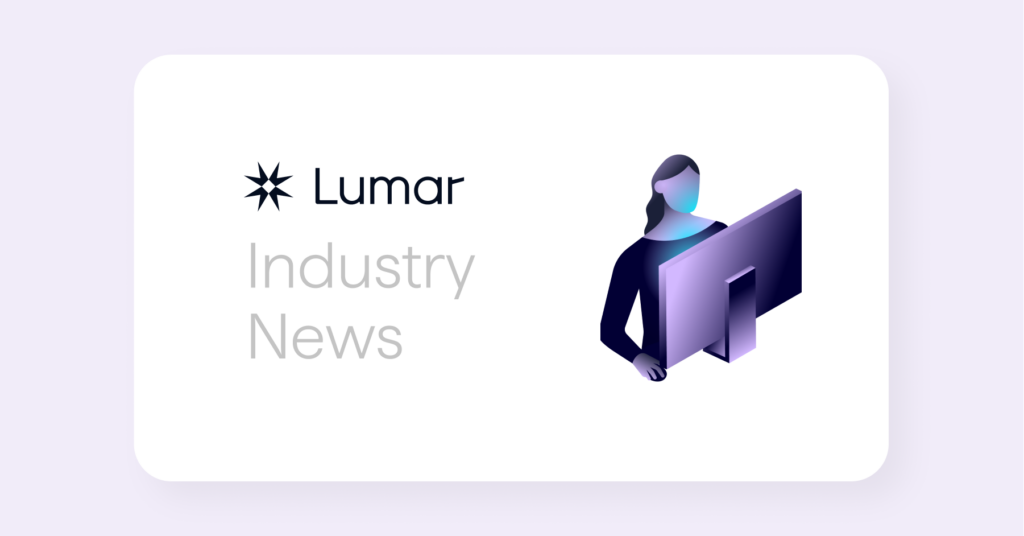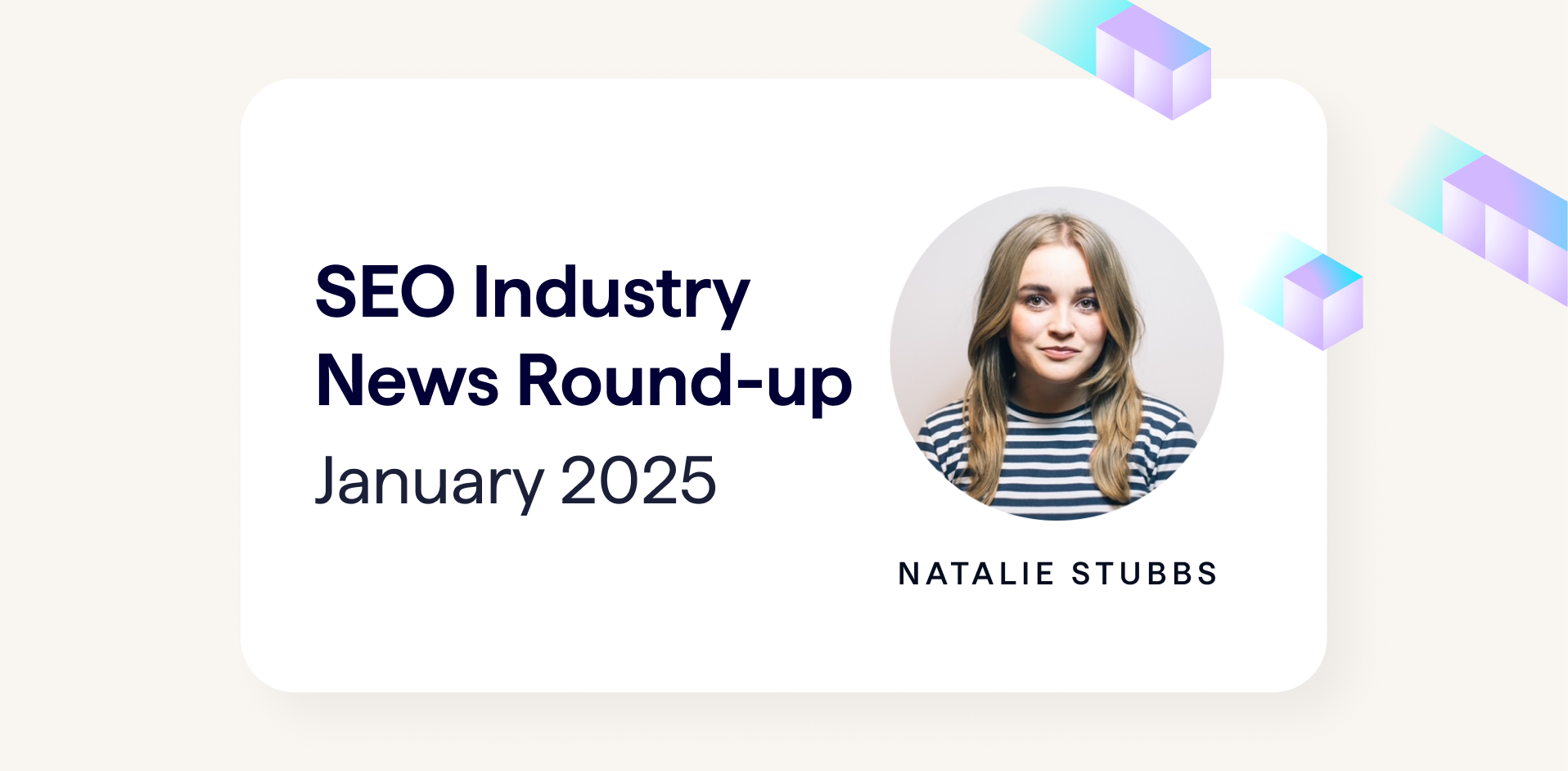Notes from the Google Webmaster Hangout on the 7th of January 2020.
Google Will Usually Drop Session IDs from URLs
Instead of choosing a representative URL for a set of URLs with session IDs, Google will usually drop the session ID from the URLs completely if it recognises that they don’t return any unique content.
Reconsideration Requests Are Reviewed in Batches & Grouped by Issue Type & Country
The team reviewing reconsideration requests will review them in batches, and may group requests by issue type, country, and other factors. Once getting through one batch, they will then move on to the next one, and so on.
Google Tries to Detect User’s Language Preferences if Using Default Version of Chrome
Google is aware that sometimes users download the default version of Chrome in English rather than their preferred language, and will try to detect this and show the correct language versions of pages to help with localization.
Technical Issues Can Cause Content to be Indexed on Scraper Sites Before Original Site
If content on scraper sites is appearing in the index from those sites before the original site, this could be due to technical issues on the original site. For example, Googlebot might not be able to find main hub pages or category pages or may be getting stuck in crawl traps by following excess parameter URLs.
Keep Old Domain & 301 Redirects for as Long as Possible After Domain Migration
John recommends maintaining 301 redirects from an old domain to the new one for at least a year after migrating. However, users may still access the old domain years after the migration, so consider keeping the redirects for as long as possible. Also, try to keep ownership of the old domain so spammers don’t misuse it.
Average Position in GSC Can Vary Depending on Whether Viewed on Per-URL or Per-Query Basis
The average position in Google Search Console is calculated on both a per-URL and per-query basis. This data can seem inconsistent in some cases, for example, URLs in sitelinks within the top result will be counted as position 1 from a query perspective, but not from a URL perspective.
Rel=”sponsored” & Rel=”ugc” Attributes Aren’t Essential
It isn’t essential to include rel=sponsored and rel=ugc link attributes, as some sites may find that rel=nofollow is working well for them. These newer link attributes can give Google more context around links, but it isn’t necessary to update all the links on your site if everything is working correctly.
Site: & Other Unnatural Queries Can Be Dropped From GSC Performance Reports
Unnatural searches like site: queries can be removed from Google Search Console performance reports, and often wouldn’t appear there anyway due to the small amounts of people that use them.
No Need to Disavow Links From Sites that Have Decreased in Traffic or Popularity Over Time
It can be natural for some sites to receive less traffic over time, so there’s no need to disavow links from sites that have decreased in popularity, unless the link itself is spam.
Keywords Are Still Important Despite Search Engines Focusing More on Intent
It’s still important to include certain keywords or terms on pages to help users understand what a page is about, so keyword research will still play a part in SEO despite search engine algorithms becoming more sophisticated and being able to better understand intent.
Be the First to Know About the Latest Insights From Google






